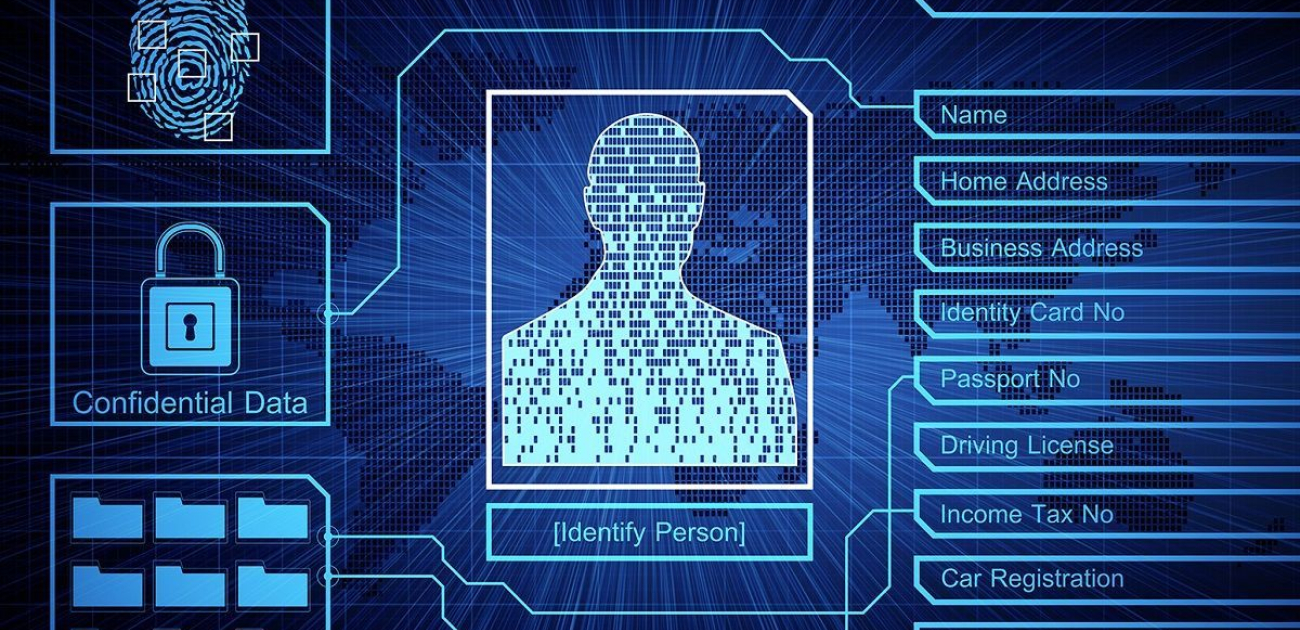Data Protection, Fundamental Rights and Video-Security
On January 21, 2004, Law 15/2003 of December 18, qualified as the protection of personal data, was published in the Official Gazette of the Principality of Andorra, in order to regulate the treatment of personal data of the physical persons. The purpose was to provide a legislative framework in terms of data protection, seeking a balance between the protection of the fundamental rights of people, especially the right to privacy enshrined in article 14 of the Constitution of the Principality, Excessive obligations to Andorran public and private entities. This legislation, although not entirely forerunner in Andorra, since the Regulation of the public sector database of 1976, already regulating the processing of personal data in the field of the public sector, is complemented by the Decree of the Public Sector, July 1, 2004, which created a Public Registry for the registration of personal data and with the Decree of June 9, 2010, which approved the regulations of the Data Protection Agency.
Andorra aligned with the European regulations on data protection, further advancing in this area in 2007 with the ratification of the Council of Europe Convention for the protection of individuals with regard to the automated data processing of Personal character, of January 28, 1981, and the additional protocol of the Council Convention concerning control authorities and cross-border data flows.
Thus, Andorra has gradually consolidated its regulatory framework for data protection with European standards over the years, offering nowadays, as recognized by the European Commission's decision of October 19, 2010, a " adequate level of protection ".
In this field, we can not deny the substantial increase in the use of image capture means by installing video surveillance cameras. In 2015, the Andorra Data Protection Agency issued a recommendation regarding its treatment, so that its use does not collide with the necessary protection of this data; an indispensable protection that is apparent not only from the Data Protection Qualified Law, but also, and especially, of the Andorran Constitution.
Thus, the legislator goes even further and approves in the General Council Law 30/2018, of December 6, qualified as public security which introduces a more demanding regulatory framework in relation to the treatment of video surveillance in the Principality. The objective of this legislation is to guarantee public safety by regulating the use of these systems by both public and private entities, implementing the mechanisms necessary for the protection of fundamental rights and public freedoms of the people. This regime, which came into force on April 10, complements the qualified Personal Data Protection Law, which will continue to govern the automated treatment of images and sounds obtained by video surveillance systems at all times.
In effect, the requirements of the qualified Personal Data Act as regards the obligations of the data controller remain valid, while maintaining the obligation of constitution and registration of files, the need for information clearly on the existence of cameras in both public and private spaces, the adoption of technical and organizational measures necessary to guarantee the veracity and integrity of the images as well as the regulation of their access by third parties. All this, without forgetting to guarantee the rights of access and deletion that correspond to the person interested.
The new legislation, however, focuses on the implementation of various measures to protect citizens' security and ensure peaceful coexistence in the Principality. It regulates, among other things, the use of video surveillance systems, imposing limitations on its putting into operation to protect both public and private spaces and reinforces the regulation requiring communication requirements and / or mandatory authorizations in order to guarantee the appropriate use It also emphasizes the use of these means in accordance with the principle of proportionality, both in terms of suitability, so that they are only used when necessary, as well as in their minimal intervention , so that the weighting between the purpose pursued and the affectation that may have on the fundamental rights is guaranteed. And, finally, it imposes temporary limitations in relation to its custody, constituting the so-called National Video Surveillance Commission as an administrative body in this matter.
Although the regulations came into effect on April 10, the people holding video surveillance systems should pay attention to the entry into force of the regulation that develops the authorization and communication conditions established by it, which in accordance with the Second Transitional Provision of the legislative text, will have to request the appropriate authorization or carry out the required prior communication within the periods prescribed by law.
Indeed, and as it could not be otherwise, all these obligations and limitations are reinforced by a sanctioning framework that is set forth in articles 50 and following of the Law, without prejudice, of course, illegal listening and related behaviors and in relation to the illicit acquisition or use of automated personal data.
Do you want more information?
 Marta Felipo
Marta FelipoMarta has more than 10 years of professional experience as a lawyer. Her practice has been focused on litigation and dispute resolution, especially in civil, labour and commercial litigation before the Andorran Courts.
